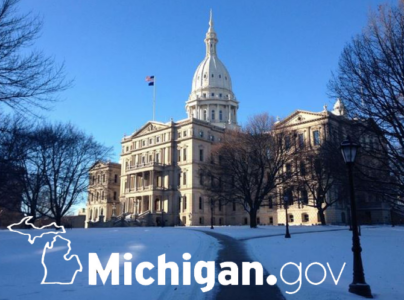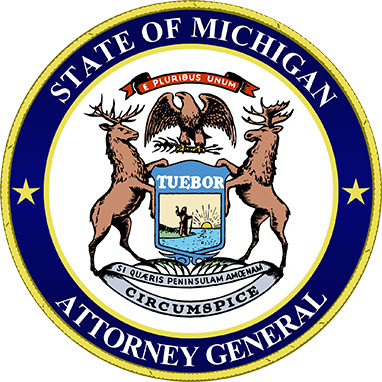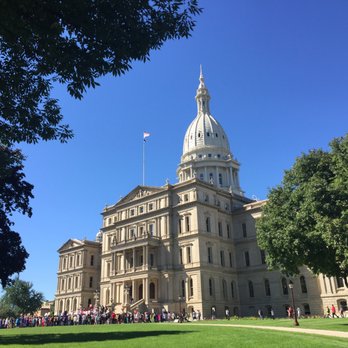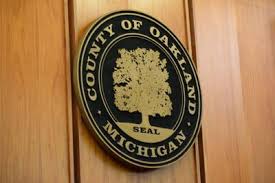
Governor Whitmer Orders Temporary Restrictions

FOR IMMEDIATE RELEASE Governor Whitmer Orders Temporary Restrictions on Non-Essential Medical and Dental Procedures
Executive Order 2020-17 states that hospitals, freestanding surgical outpatient facilities, and dental facilities, and all state-operated outpatient facilities, must implement a plan to temporarily postpone all non-essential procedures until the termination of the COVID-19 state of emergency. “My number one priority remains to flatten the curve and protect the most people we can from the spread of coronavirus,” said Governor Whitmer. “Our health care workers are on the front lines every day protecting Michiganders during these extraordinary and difficult times. By postponing all non-essential medical and dental procedures, we expect to reduce the strain on the health care system and protect people. My administration will continue to do everything we can to mitigate the spread of the disease and ensure our children, families, and businesses have the support they need during these challenging times.” “By putting this order into place, we will be able to reduce the strain on our healthcare community,” said Michigan Department of Health and Human Services Chief Deputy for Health and Chief Medical Executive Dr. Joneigh Khaldun. A facility covered by this order that performs medical procedures must postpone, at a minimum, joint replacement, bariatric surgery, and cosmetic surgery, except for emergency or trauma-related surgery where postponement would significantly impact the health, safety, and welfare of the patient. These facilities should exclude from postponement advanced cardiovascular disease (including coronary artery disease, heart failure, and arrhythmias) that would prolong life; oncological testing, treatment, and related procedures; pregnancy-related visits and procedures; labor and delivery; organ transplantation; and procedures related to dialysis. Additionally, these facilities must exclude from postponement emergency or trauma-related procedures where postponement would significantly impact the health, safety, and welfare of the patient. Facilities covered by this order that perform dental procedures must postpone, at a minimum, any cosmetic or aesthetic procedures, like veneers, teeth bleaching or cosmetic bonding; all routine hygiene appointments; any orthodontic procedures that do not relieve pain or infection, restore oral function, or are not trauma-related; initiation of any crowns, bridges, or dentures that do not relieve pain or infection, restore oral function, or are not trauma-related; any periodontal plastic surgery; extraction of asymptomatic non-carious teeth; and recall visits for periodontally healthy patients. If a dental facility chooses to remain open, its plan must exclude from postponement emergency or trauma-related procedures where postponement would significantly impact the health, safety, and welfare of the patient. Patients with confirmed infection have reportedly had mild to severe respiratory illness with symptoms of:
The best prevention for viruses, such as influenza, the common cold or COVID-19 is to:
Information around this outbreak is changing rapidly. The latest information is available at Michigan.gov/Coronavirus an To view Executive Order 2020-17, click the link below: This press release will be translated and made available in Arabic and Spanish at www.michigan.gov/whitmer. |








